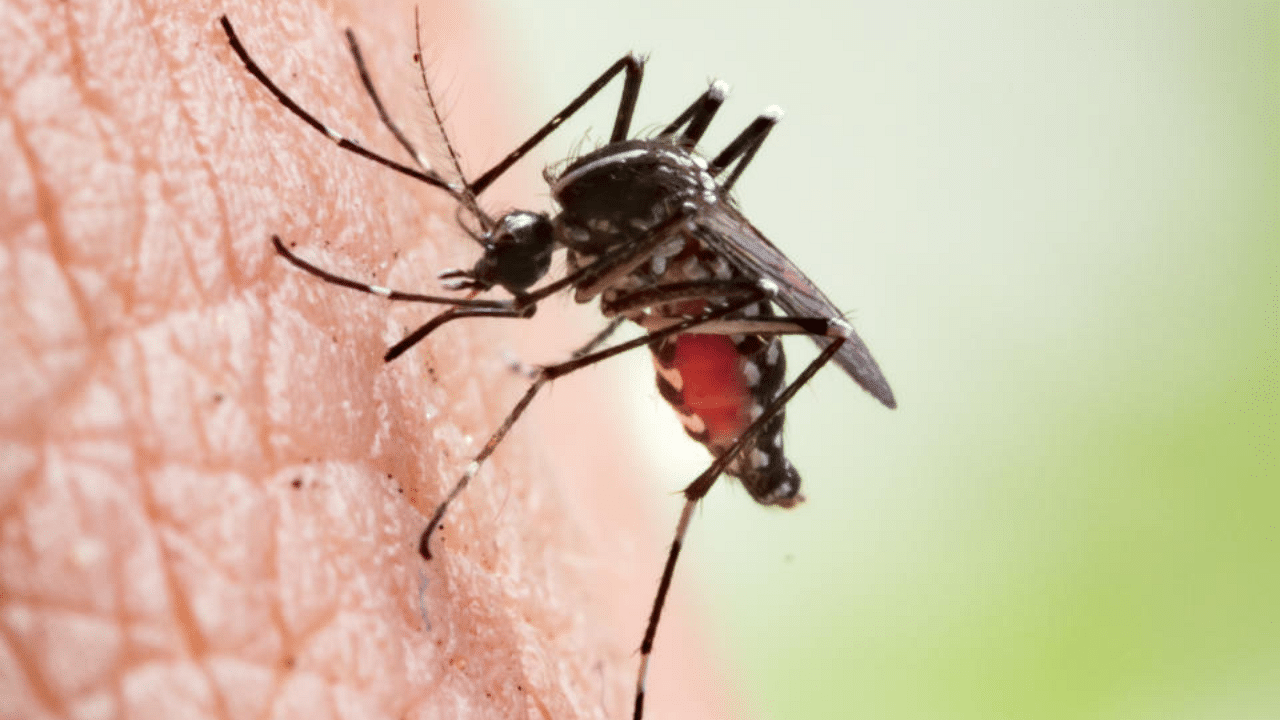
Scientists have developed a new 3D-printed wearable ring designed to repel mosquitoes and other insects for a long time. The active ingredient is first "encapsulated" and formed into the desired shape, such as a ring, which can then be worn and releases an agent that repels insects.
The researchers from Martin Luther University Halle-Wittenberg (MLU) in Germany developed their prototypes using "IR3535," a common insect repellent.
"Mosquito sprays containing IR3535 are very gentle on the skin and have been used all over the world for many years. That's why we've been using the agent for our experiments," said Professor Rene Androsch from the MLU.
It is usually applied as a spray or lotion and offers several hours of protection. However, the team is looking for ways to release the agent over a much longer period, such as by encapsulating it in a wearable ring or bracelet.
In the research published in International Journal of Pharmaceutics, the team used a special 3D printing technology to insert the insect repellent into a biodegradable polymer in a controlled manner and to shape the mixture of substances in various ways.
"The basic idea is that the insect repellent continuously evaporates and forms a barrier for insects," said lead author of the study, Fanfan Du, a doctoral candidate at the MLU.
The rate at which the insect repellent evaporates depends on many different factors, including temperature, concentration and the structure of the polymer used. After conducting various experiments and simulations, the team predicts that the insect repellent needs well over a week to evaporate completely at a temperature of 37 degrees Celsius which is the body temperature.
While the researchers have proven that it is absolutely possible to develop a wearable insect repellent, the rings and other forms created for the study are only prototypes. Further study needs to be carried out to determine how well the rings function under actual conditions, the researchers said. The encapsulation material could also be further optimised, they added.